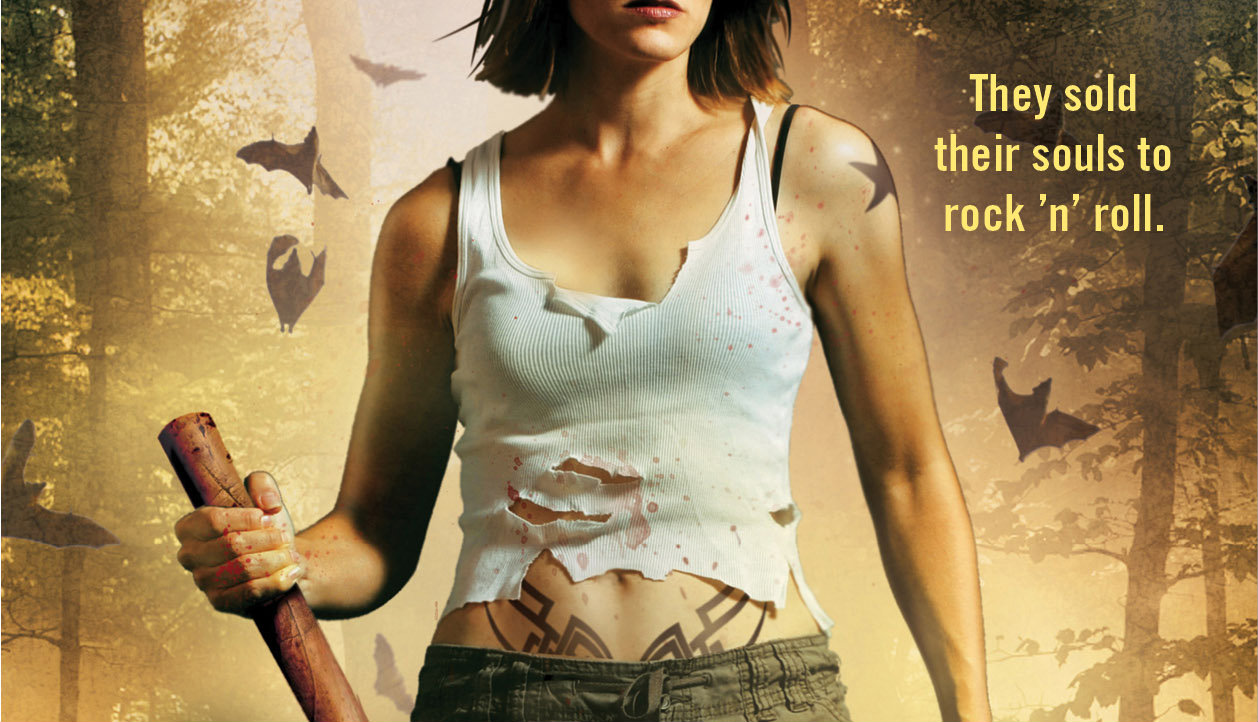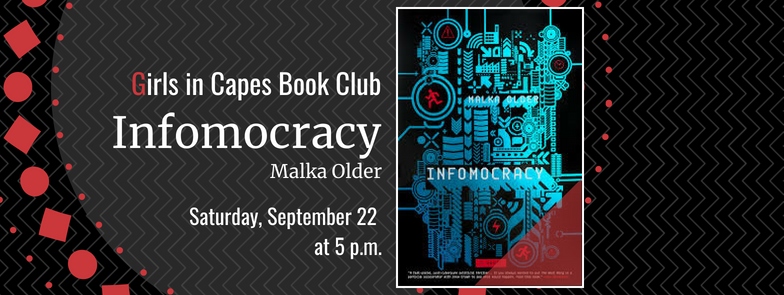Gail Carriger’s Soulless was always one of those books that were on my radar, but I never had the free time or the proper funds to read it. After months of longingly stroking the cover as I passed it by, I finally had the chance to read it.
Alexia Tarabotti is, at age twenty-six, considered a spinster by Victorian England’s standards. Not only is her Italian father a huge complication when it comes to her social standing in the class system, but she has no soul – which, yeah, that does complicate things a bit. It makes her a preternatural, a type of soulless human with the ability to render supernatural creatures ‘mortal’ again as long as she’s touching them. This comes in handy when fending off a hungry vampire, which she does in the first few pages of the novel, accompanied by her trusty silver-tipped parasol that she almost always carries with her for protection.
This is a very different Victorian England than you’d expect, which is pretty much a given considering I just mentioned that Alexia fights a vampire within the novel’s opening chapter. This England is one that comes packaged with werewolves, vampires, and ghosts living openly among the humans. There’s even an organization called the Bureau of Unnatural Registry (BUR for short) that keeps tabs on the activities of the supernatural community. It’s an England with an alternate history, packaged with a steampunk bow on top, and the worldbuilding is probably one of the most interesting things about the novel. I loved learning more about how the BUR worked, where werewolves and vampires went for fun (clubs, apparently – they’re just like us), and at one point Carriger even fleshes out the details on how new vampires are made. This becomes a major plot point as vampires begin disappearing with new, unregistered ones popping up at random.
The fact that someone is illegally creating new vampires is highly problematic, and so Alexia becomes enmeshed with the mystery, alongside Lord Conall Maccon: Alpha werewolf, Earl of Woolsey, and active member of the BUR. His Beta, Professor Randolph Lyall, is also on the case.
So with this rich other world and great setting, surely the characters that Carriger sets up will be equally as brilliant? Well…
They felt pretty one-dimensional, all supernatural traits aside. Alexia is constantly referred to by the fact that she’s A) half-Italian, B) curvy, or C) darker than everyone else around her. I got it. I got it. I got it. Whether this was simply a problem with way too much repetition or the notion that Carriger had nothing else interesting to offer our leading lady was unclear, but either way, the fact that I can sum up the main character in three bullet points (four, if I add in D) she’s outspoken and witty) isn’t a good sign. Or maybe Carriger was trying to get across the point that Alexia is different than everyone else in society, but I’ll shamelessly channel all those years of writing workshops and say: show, don’t tell. I’d much rather watch Alexia interact with other ‘socially acceptable’ people in her society than be told repeatedly that she’s not like everyone else. I mean, I’d assume that she’s not like everyone else just by the fact that she has no soul, but I digress.
On another note, Carriger has so many plotlines to weave together throughout the course of the story that the pacing was a little clunky. Each chapter felt more like a contained scene than a part of a longer novel, and on that note it sometimes made the novel tough to follow. I also felt the author’s presence way too much while reading. There’s a lot of wit and humor in the pages of Soulless, but after a time it becomes overbearing, like the author is standing there with a marshalling wand they use to land airplanes and directing the reader to look at how clever she is. It ends up taking you out of the book and breaks you out of the world that Carriger has built, which is otherwise a great one indeed.
Overall, I feel as though I want to like Soulless more than I actually do, in part because I’d been anticipating this read for so long. The worldbuilding is great and I’m a sucker for Victorian-anything, especially if it involves the supernatural, but the characters fell flat and the writing style isn’t as polished as I was expecting it to be. It’s definitely an entertaining read, though, and if you’re into steampunk and/or paranormal romance with a dash of mystery, I’d say give it a shot.
3 out of 5
Gabby Taub, the Fantasy Reviewer at Girls in Capes, is a senior at New York University studying creative writing. She enjoys reading, writing, watching TV, and spending time getting lost among the bookshelves at Strand Bookstore.





